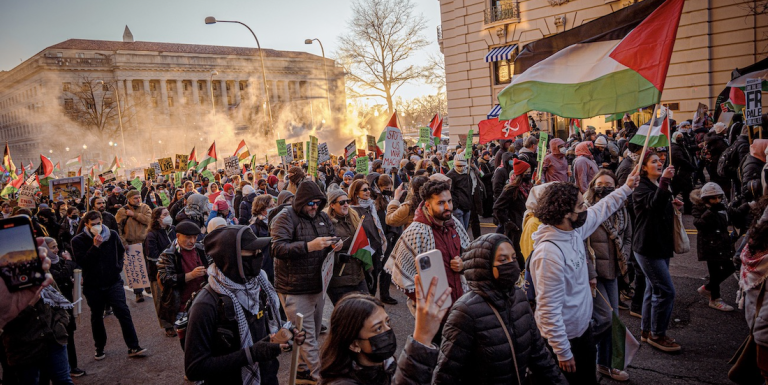
Examining the Israeli-Palestinian conflict through the lens of decolonization movements worldwide

New York, N.Y. – The Israeli-Palestinian conflict has raged for over seven decades, with both sides claiming historical and moral justification for their positions. When examined through the framework of historical wars of liberation, Palestine’s resistance movement shares striking parallels with successful independence struggles across the globe, from the American Revolution to India’s fight against British colonial rule.
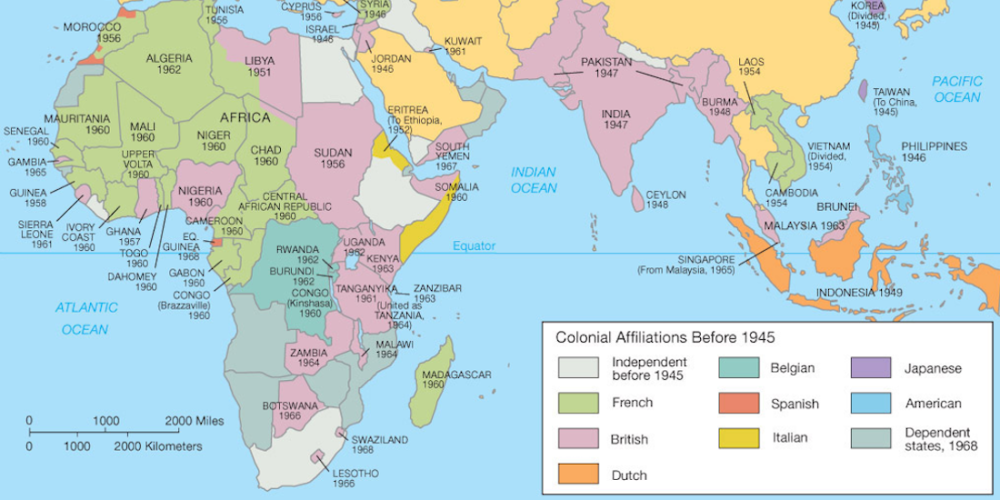
Historical Context of Liberation Movements
Throughout modern history, colonial powers have imposed their rule over indigenous populations through military occupation, settlement expansion, and resource extraction. The United States fought the British Empire from 1775 to 1783, establishing the template for successful wars of liberation. Similarly, India’s independence movement under Mahatma Gandhi and others challenged British colonial authority through both violent and non-violent resistance.
Mexico’s war of independence (1810-1821) against Spain, Indonesia’s struggle against Dutch rule (1945-1949), and Algeria’s bloody eight-year war against France (1954-1962) all followed similar patterns: an occupying foreign power facing organized resistance from an indigenous population seeking self-determination.
The Palestinian experience mirrors these historical precedents in several key aspects.
Following the 1948 Arab-Israeli War, approximately 750,000 Palestinians became refugees,
forced from their ancestral lands in what Palestinians call the “Nakba” (catastrophe).
The subsequent Israeli occupation of the West Bank, Gaza Strip, and East Jerusalem after
the 1967 Six-Day War created conditions that international law defines as ‘military occupation.‘
Characteristics of Colonial Systems
Colonial systems typically exhibit common features: settlement of foreign populations on indigenous lands, extraction of natural resources, denial of political rights to native peoples, and maintenance of control through military force. Critics argue that Israeli policies in the occupied territories demonstrate these characteristics.
The expansion of Israeli settlements in the West Bank, declared illegal under international law by the U.N. Security Council and the International Court of Justice, has displaced Palestinian communities and restricted their access to land and water resources. The Gaza Strip, home to over two million Palestinians, has been under Israeli blockade since 2007, controlling the movement of people and goods.
Palestinian resistance has taken various forms, from the largely non-violent First Intifada (1987-1993) to armed resistance by groups like Fatah and Hamas.
This spectrum of resistance tactics mirrors those employed in other liberation movements, where occupied populations have used both peaceful protest and armed struggle against foreign rule.
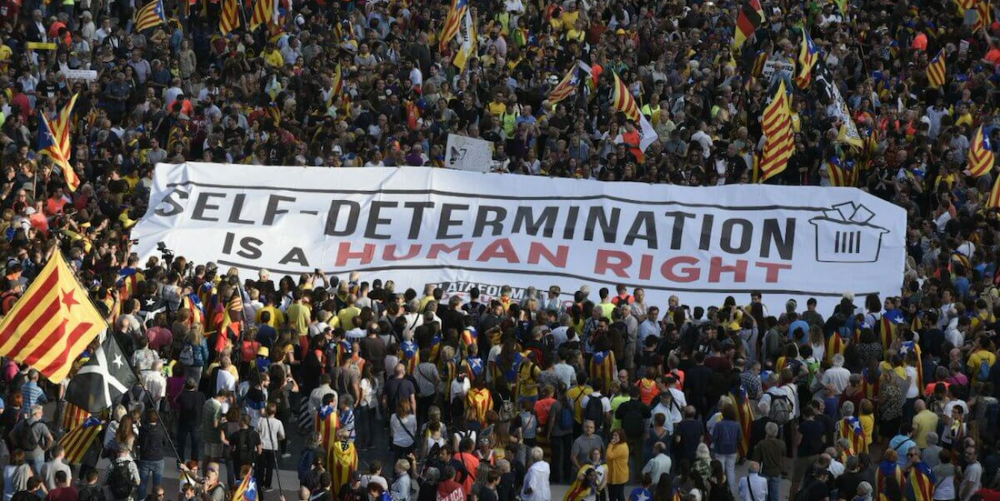
International Law and Self-Determination
The United Nations Charter enshrines the principle of self-determination for all peoples, a right that has been invoked successfully by liberation movements worldwide. The U.N. General Assembly has repeatedly affirmed the Palestinian right to self-determination, recognizing the Palestine Liberation Organization as the sole legitimate representative of the Palestinian people in 1974.
International humanitarian law, particularly the Fourth Geneva Convention, prohibits the transfer of civilian populations into occupied territory and mandates that occupying powers protect civilian populations under their control. Legal scholars and human rights organizations have documented violations of these principles in the Palestinian territories.
The International Criminal Court has opened investigations into alleged war crimes committed in Palestinian territories, while the International Court of Justice has ruled on the illegality of Israeli settlement policies and the construction of the separation barrier in the West Bank.
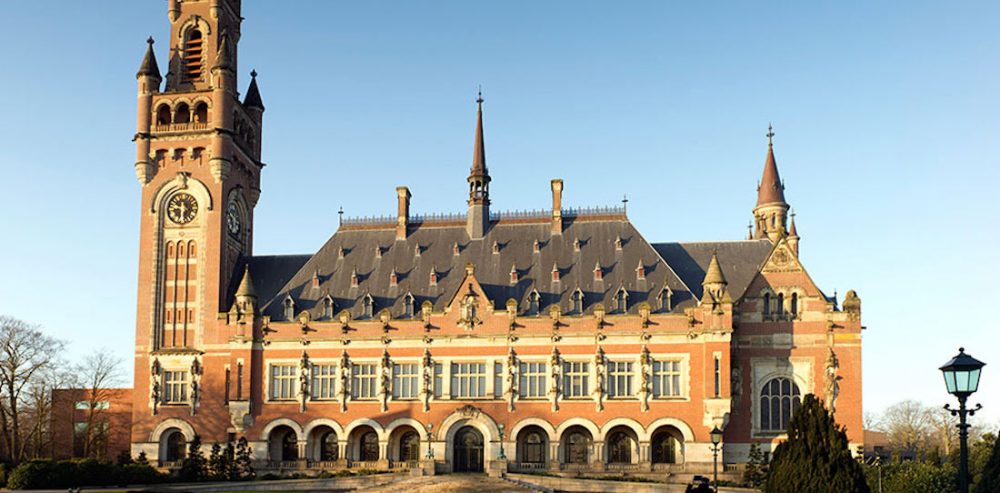
Contemporary Resistance and International Recognition
Palestinian resistance continues through multiple channels: diplomatic efforts at the United Nations, legal challenges in international courts, and grassroots movements like the Boycott, Divestment, Sanctions campaign. These tactics echo strategies employed by successful liberation movements, particularly the anti-apartheid struggle in South Africa.
The Palestinian Authority, established following the Oslo Accords in 1993, represents an attempt at self-governance within the constraints of ongoing occupation. However, critics argue that limited autonomy falls short of genuine independence and sovereignty.
Recent international developments have shifted toward greater recognition of Palestinian statehood. Several European nations, including Ireland, Spain, and Norway, have formally recognized Palestine as a state, while the U.N. General Assembly upgraded Palestine’s status to “non-member observer state” in 2012.
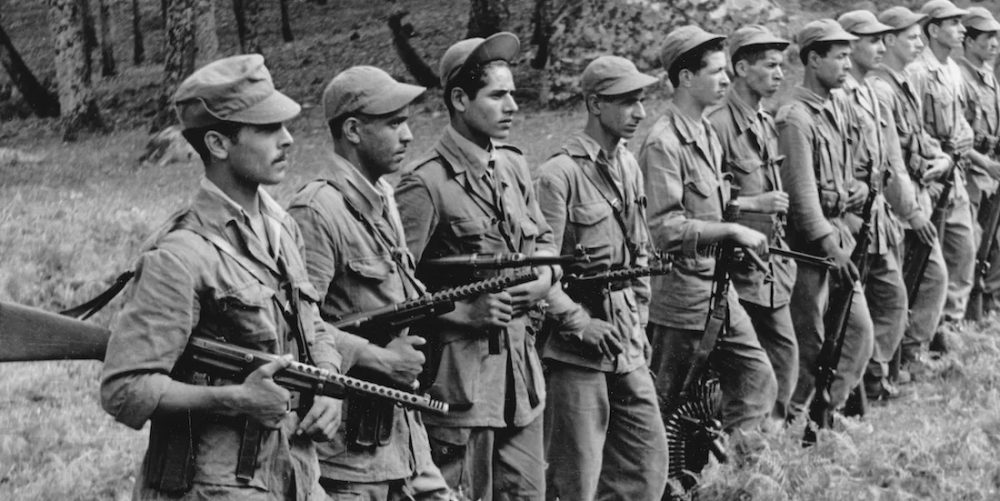
Historical Parallels and Future Implications

When analyzed through the framework of historical wars of liberation, the Palestinian struggle exhibits the fundamental characteristics of decolonization movements:
Resistance by an indigenous population against foreign occupation, demands for self-determination and sovereignty, and international recognition of legitimate national aspirations.
While the Israeli-Palestinian conflict involves complex historical, religious, and political dimensions that distinguish it from other liberation struggles, the core dynamic of occupation and resistance follows patterns established by successful independence movements throughout modern history.
Whether this struggle will ultimately result in Palestinian statehood remains to be determined, but its place within the broader historical narrative of decolonization appears intellectually sustainable and historically grounded.
Palestine’s Struggle: Parallels to Historical Wars of Liberation (Aug. 1, 2025)

Summary
This analysis examines the Israeli-Palestinian conflict through the lens of historical wars of liberation, drawing parallels between Palestinian resistance and successful independence movements worldwide. The piece explores how international law, settlement expansion, and resistance tactics mirror patterns seen in decolonization struggles from the American Revolution to modern African independence movements, while acknowledging the complex dimensions that make this conflict unique in contemporary geopolitics.
#HumanRights #DecolonizationHistory #InternationalLaw #SelfDetermination #MiddleEastConflict
#WarOfLiberation #OccupiedTerritories #UnitedNations #PoliticalAnalysis #PalestinianLiberation
TAGS: wars of liberation, Palestinian resistance, Israeli occupation, decolonization movements,
self-determination, international law, settlement expansion, United Nations, West Bank, Gaza Strip,
independence movements, colonial systems, military occupation, human rights, sovereignty
